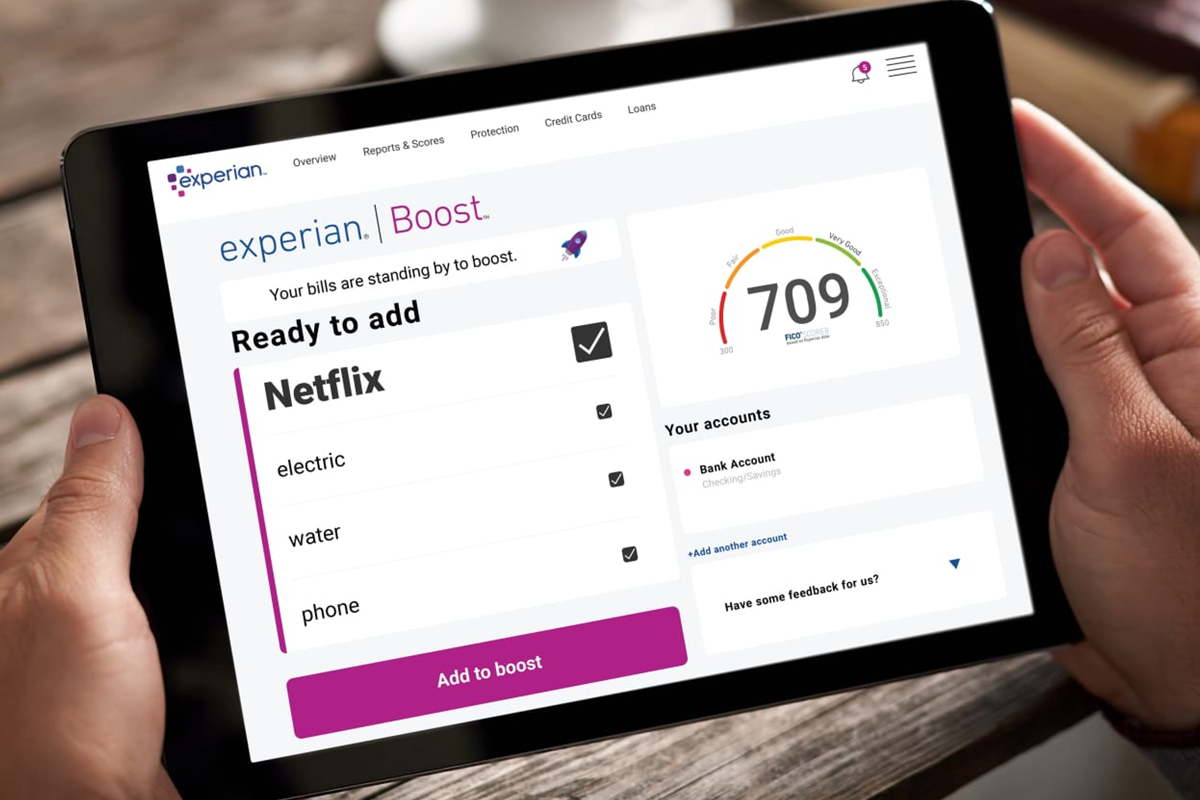Benefits Of Credit Report

A credit report contains information about an individual’s repayment history and level of indebtedness, including any late or missed payments, bankruptcies filed, late payments on loans or credit cards, judgments registered against the individual and a variety of public records data that can be used in conjunction with providing credit services.
Benefits of Credit Report
1. Credit reports can be used to determine the individual’s probability of repaying any existing debts on time.
2. Credit reports can be used in conjunction with credit applications to obtain more accurate information about an individual and the likelihood that he/she will remain responsible for payments of a loan or line of credit on time.
3. Loans and lines of credit obtained from a lender are often based on information about an individual’s credit history, which could be verified with a credit report. For example, a mortgage may not be granted unless there is proof that the applicant has repaid past loans or lines of credit on time and has no overdue payments (i.e., no collection accounts against the applicant). A mortgage broker or lender may require that a credit report be obtained to verify information concerning an applicant’s credit history.

4. Individuals may request a copy of their own credit report to obtain more accurate information about their own credit history, so they can make informed decisions about the extent of their use of credit.
5. Individuals can dispute inaccurate information in their own report in order to have it corrected and later removed entirely if necessary.
6. Individuals can request that a credit report be provided for their accountants or other advisors to use to better understand the financial history of their client.
7. Certain fees are charged by credit reporting agencies to obtain and use credit reports. In some jurisdictions, payment of these fees can make it possible for creditors to verify an individual’s credit history before extending new lines of credit, extending existing lines of credit or granting loans.
A credit report contains information about an individual’s repayment history and level of indebtedness, including any late or missed payments, bankruptcies filed, late payments on loans or credit cards, judgments registered against the individual and a variety of public records data that can be used…





